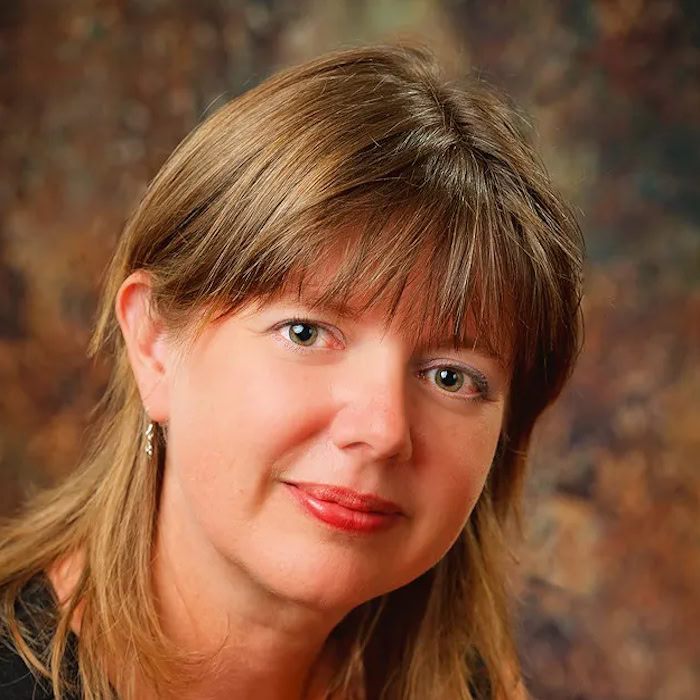Board – Lori Farley
Name: Lori Farley
Pronouns: She/Her
Location: Calgary, Alberta, Canada
Title: Founding Director
Website: https://intonovus.ca/
LinkedIn: /in/lorifarleycanada
Belief: The economy is a servant to humanity.
Objective: To humanize entrepreneurship by aligning business with purpose, equity, and sustainability to help people and communities flourish through values-based innovation and education.

Lori Farley is a Canadian entrepreneur, educator, and innovation consultant whose life’s work bridges human potential and systemic change. Raised in Alberta and guided by a lifelong commitment to inclusion, Lori empowers people and communities to design businesses and futures that align with their values, strengths, and lived realities. She encourages and enhances disruptive ideas and promotes next practices that activate, amplify, and champion cross-sector social innovation and socio-economic development.
With over 30 years of experience in community development, advocacy, and social entrepreneurship, Lori has dedicated her career to curating and developing tools to advance values-based, human-first approaches to entrepreneurship that empower individuals and communities to flourish. As a catalyst for human-centered innovation, she bridges the mindful and practical dimensions of business creation. She challenges traditional business education by reintroducing empathy, storytelling, and systems thinking to the process of creation. Her students often describe her programs as both grounding and awakening; transformational – a return to the heart of why they began their journey in the first place.
As founder of umewe Projects & Consulting and Beyond Flourishing, along with co-founder of INTONOVUS Canada, Impact Calgary, and the Flourishing Enterprise Co-lab, she has supported hundreds of entrepreneurs and organizations to embed social purpose and regeneration into their business models. Her work integrates frameworks like the Flourishing Business Canvas, Appreciative Inquiry, Human-Centered Design, and systems thinking to help clients create enterprises that do good and do well.
Known as a Slow Accelerator, she supports entrepreneurs, and changemakers to bring their purpose into form, not through pressure, but through presence. Lori believes that sustainable growth happens when people are supported to move at their own pace with relational, reflective, and deeply human support. Lori’s approach blends empathy with rigour, encouraging learners to design ventures that are socially beneficial, environmentally regenerative, and financially resilient. She helps entrepreneurs and individuals deeply consider their identity, embody their values, and co-create ventures that honour people, planet, and purpose. Her work transforms business development into a mindful act of co-flourishing – where success is not measured by scale, but by depth, authenticity, and lasting impact.
Land/social and Biophysical Acknowledgement:
Land acknowledgment draws from Indigenous traditions to both recognize Indigenous communities and encourage each of us to acknowledge the painful reality of colonial theft and violence, which is global and ever present. White people have benefited from the brutalities of colonialism, enslavement, genocide, discrimination, racism, gender-based violence, forced assimilation, and other atrocities driven by local, federal, and global governments that made it possible for us to be here.
Many of us do not know what it feels like to live on land that is free of this violent history, and have forgotten, erased, or ignored, that the cultures that gave rise to colonization, and the societies that developed out of them, have buried the link that connects us to the Earth underneath the pavement of our cities, and private property.
Each of us are privileged to be on sacred land that has supported human beings for thousands of years, and is rich in indigenous history, knowledge and tradition of those who maintained balance with nature for millennia, and still do.
I acknowledge we have a collective responsibility to position Indigenous Peoples and their painful experiences into a narrative of reconciliation that places ecology, land stewardship, and Indigenous land title and rights at the forefront of climate activism if we are to sustain the Earth’s ecosystems in today’s rapidly changing climate.
I acknowledge that it is not possible to reconcile that western science-based research and resource management systems treat land as a commodity by engaging in irreparable exploitation of natural resources, leading to the environmental degradation that we are currently facing, rather than value the land as an ancestral, spiritual and cultural home for humanity. It is our duty to spearhead the change towards a sustainable economy by supporting the traditional knowledge of sustainable Indigenous economies to regenerate and protect ecosystems for a healthy future planet that can mitigate climate change.
In this spirit, we believe it is crucial for us, as settlers and guests, to acknowledge the land’s traditional names and its caretakers about which our schools did not teach us.
For some Indigenous peoples, Turtle Island refers to the continent of North America. Calgary, AB, is situated on the traditional territories of the Niit-si-tapi (Blackfoot Confederacy) and the people of the Treaty 7 region adjacent to where the Bow River meets the Elbow River in the watershed of the Bow River Basin. We acknowledge the language, culture, and heritage of the Niitsitapi, which inlcudes the Siksika, the Blood Tribe/Kainai, the Piikani First Nations, the Tsuut’ina, and the îyârhe Nakoda (Stoney Nakoda), which inlcudes the Chiniki, Bearspaw, and Good Stoney First Nations. We are also located in Otipemisiwak Métis Government of the Métis Nation within Alberta Districts 5 & 6. We acknowledge all First Nations, Inuit, and Métis people across Turtle Island as the original stewards of this land and in perpetuity while their histories and culture influence our community to this day.
More about my place:
The Métis call the Calgary area Otos-kwunee.
In the Blackfoot language, they call Calgary, Moh-kins-tsis.
The Stoney Nakoda Nation refer to the Calgary area as Wîchîspa Oyade.
The people of the Tsuut’ina nation call this area Guts-ists-i.
